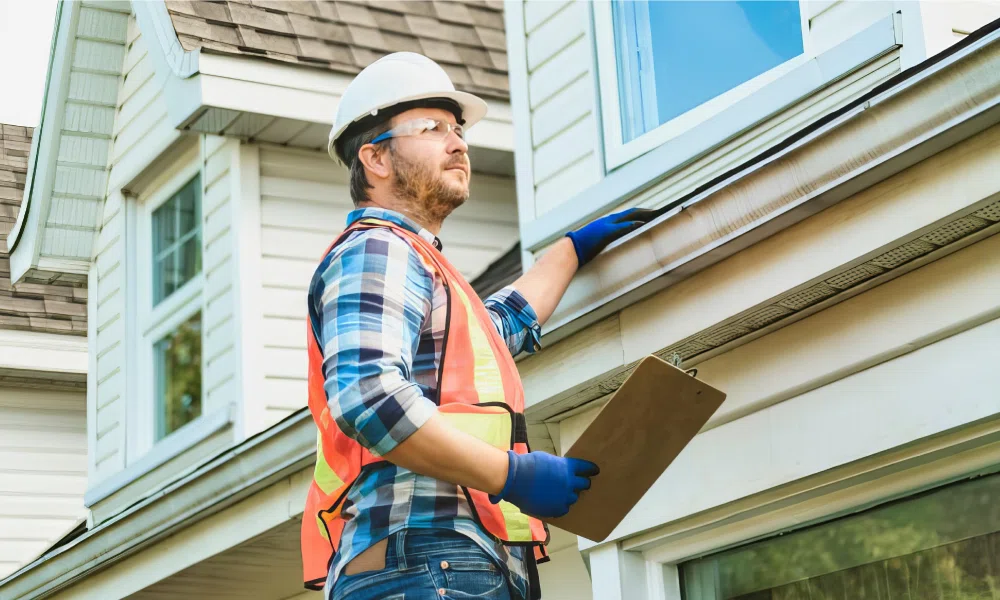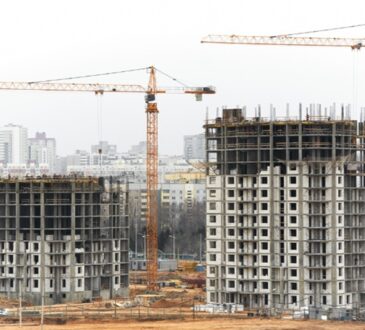Building inspections might seem like an extra cost when buying a home or maintaining your current property, but they can save you a lot of money over time. A pest and building inspection is even more comprehensive. It not only looks at the structure but also checks for signs of pest infestation. Pests like termites can damage a building. By finding these problems early, you can prevent costly repairs in the future.
Inspectors are trained to spot problems that most people miss. They look for tiny cracks, water damage, or signs of pest activity. These issues might seem minor initially, but they can grow into big, expensive problems if left unchecked. By finding them early, you can fix them before they get more severe and cost more.
How does inspection help negotiations?
An inspection can be a powerful tool when negotiating a property price. If the inspector finds issues, this can save you money from the start. It also helps you avoid buying a property with expensive hidden problems. The most appropriate time to get an inspection is before buying a property. But it’s also intelligent to have regular inspections even if you’ve owned your home for years. Many experts suggest inspecting every few years. This helps you stay on top of maintenance and catch issues early.
Where can you find a reliable inspector?
Getting recommendations from friends and real estate agents is an excellent place to start. Look for licensed and experienced inspectors in your area. Companies like vitalbuildinginspection offer professional services and provide detailed information about their inspection process. A comprehensive inspection should cover all significant parts of the building. For pest inspections, the inspector will look for rodents, termites, and other pests that can damage your home’s roof, walls, foundation, plumbing, electrical systems, and more.
- How to Prepare for a Building Inspection
- To get the most out of your inspection:
- Ensure all areas of the property are accessible.
- Clear out cluttered spaces and ensure the inspector can reach attics, basements, and crawl spaces.
- If you have any specific concerns, inform the inspector beforehand so they can pay extra attention to those areas.
A guide to understanding your inspection report
After the inspection, you’ll receive a detailed report. This document lists all the findings, often with photos. It’s imperative to read this carefully and ask the inspector to explain anything you don’t understand. Use this report to plan repairs or negotiate with sellers. For more information about the inspection process and how it can benefit you, visit resources like Vital Building Inspection. They often provide helpful guides and explanations about different inspection types.
In conclusion, a building inspection, especially a pest and building inspection, is a smart investment. It can help you avoid costly surprises, negotiate better prices, and maintain your property effectively. Understanding the condition of a property and catching problems early will protect your investment for years to come. Remember, the cost of an inspection is small compared to the potential savings and peace of mind it provides.





